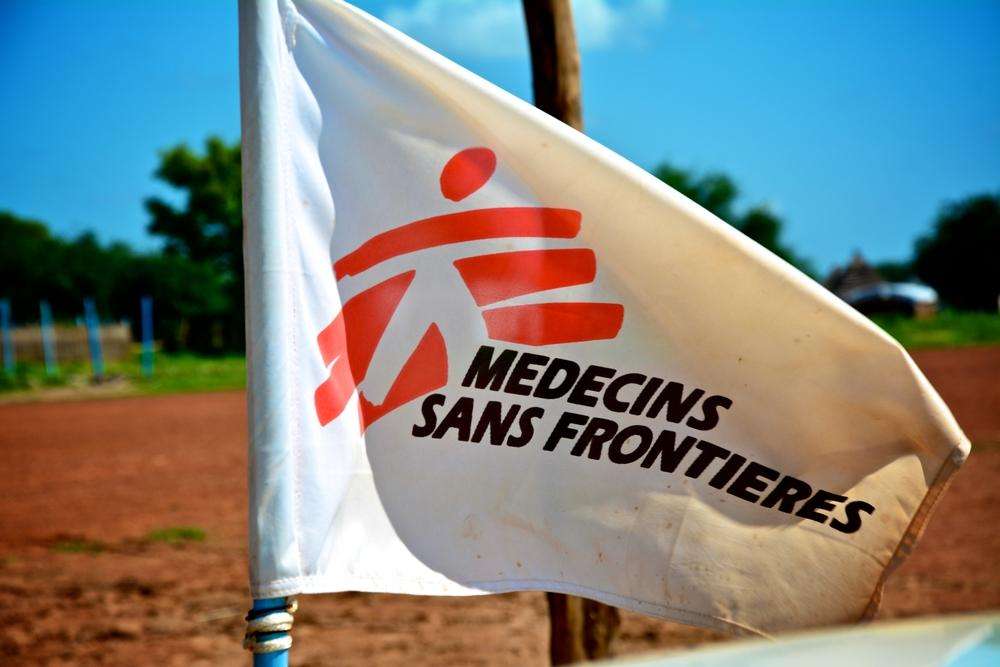NEW YORK, APRIL 27, 2018—The Office of the United States Trade Representative (USTR) released its annual “Special 301 Report” today, which reviews countries based on their intellectual property (IP) rights protection and enforcement. Countries that are deemed by the U.S. to not protect IP strongly enough are placed on this watch list.
At the urging of pharmaceutical corporations, the U.S. has used this report to unfairly target countries such as India—known as the "pharmacy of the developing world" because it supplies affordable quality generic medicines globally—Colombia, Malaysia, and other countries for using legal measures allowed under international trade rules to improve access to medicines, MSF said. This report is yet another tactic the U.S. uses to pressure other countries into letting pharmaceutical companies easily attain and hold patents, blocking more affordable generic versions of medicines from reaching patients.
The World Trade Organization’s agreement on Trade-Related Aspects of Intellectual Property Rights (TRIPS) includes safeguards that try to ensure trade protections do not take precedence over public health needs. Under TRIPS, countries can override a patent through the use of compulsory licenses. This allows lower-cost versions of desperately-needed medicines to be supplied when a medicine is under patent.
"At a time when people all over the world are struggling to afford their medicines, it’s outrageous that the U.S. government is doing pharma’s bidding and bullying other countries into taking actions that would restrict generic competition and limit access to affordable, lifesaving drugs.
"People everywhere struggle to afford the medicines they need because companies set high prices—not based on R&D costs and not because patients aren’t paying their fair share—just because they can. And governments allow them to. Global trade policies give countries the right to act in the face of public health needs—they should be encouraged, not punished, for using these safeguards as they are meant to be used.
“India, which has been on this watch list for years, accounts for one fourth of the global burden of multi-drug resistant TB (MDR-TB). While patient groups have repeatedly urged the Indian government to fight to increase access to newer, safer, and more tolerable medicines for MDR-TB programs across the world—as India has done for HIV and older TB drugs—the U.S. government and the companies that make the drugs are pushing India to doing what’s best for them rather than the people desperately in need of treatment.
"Instead of penalizing countries like India for trying to care for their citizens, the U.S. should instead be taking the opportunity to work with countries to promote measures that get medicines into the hands of the people who need them most.”
—Leonardo Palumbo, U.S. advocacy adviser for Médecins Sans Frontières/Doctors Without Borders’ Access Campaign




